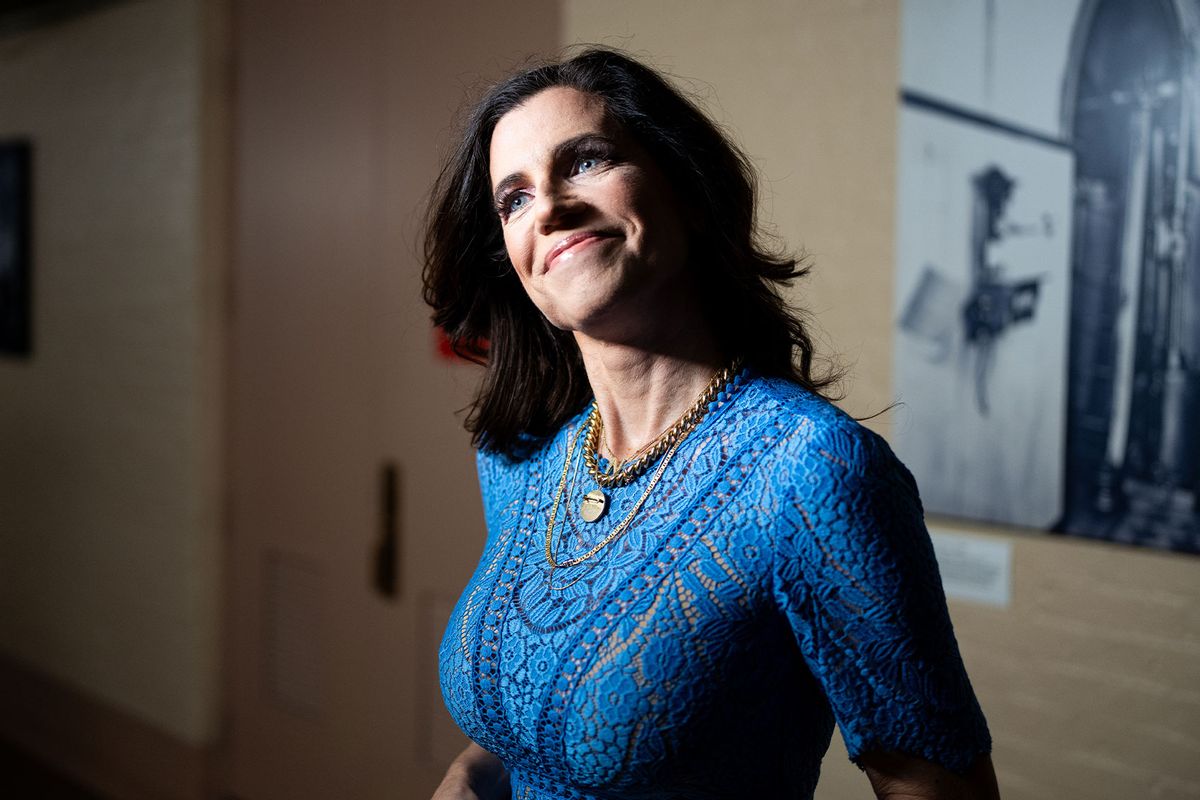The quest for a fulfilling profession that makes a real difference in the world can lead you to consider a career in early childhood education. This field is not only about teaching young children but also about shaping their futures and laying the foundation for lifelong learning. An early childhood education degree unlocks the door to a world of opportunities where impacting young minds is at the core. Those passionate about contributing to children’s growth and well-being will find this career path both challenging and deeply satisfying. Keep reading to discover how an early childhood education degree can be the first step in a rewarding career journey.
Exploring the Scope of Early Childhood Education Degrees
An early childhood education degree encompasses a wide array of knowledge and practices geared toward the developmental needs of young children. This discipline covers the spectrum from infancy to primary school, preparing educators to address both academic and social learning. It’s a degree crucial for those aiming to understand child psychology, learning methodologies, and educational philosophies crucial to children’s growth.
The curriculum of an early childhood education program generally includes theories of child development, curriculum design, and inclusive practices that cater to diverse student populations. These programs often emphasize experiential learning through practicums or internships, allowing students to gain hands-on experience in the field.
The convenience of technology has made higher education more accessible. An online early childhood education degree offers flexibility for those who may not be able to attend traditional classes due to location or time constraints. This modality ensures that even those currently employed or with personal commitments can pursue their educational goals.
The Impact of Early Childhood Educators on Child Development
Early childhood educators play a pivotal role in child development. They are often among the first adults outside of family members to significantly influence a child’s learning and socialization. As role models, their interaction with children aids in developing trust, curiosity, and a love for learning at a young age.
These educators also have the crucial task of identifying and nurturing individual talents, as well as addressing potential learning difficulties. Through their guidance, children learn to navigate social interactions and understand the world around them. The early childhood period is critical for cognitive development, and the educators’ role in this cannot be overemphasized.
More than just educators, early childhood professionals are also observers and diagnosticians of children’s developmental stages. They work in collaboration with families and other educational professionals to ensure that children receive the support they need. Positive interactions in early education settings can lay the groundwork for academic success and strong personal development.
Required Skills and Competencies for Early Childhood Educators

Early childhood educators require a unique set of skills and competencies to effectively nurture and educate young learners. Patience, creativity, and a deep understanding of child development are essential in crafting age-appropriate lessons and managing classroom dynamics. Strong communication skills, both for interacting with children and engaging with parents, are fundamental.
Additionally, educators in this field must be adaptable, ready to meet each child’s individual needs, and often tailor their teaching strategies accordingly. This requires a keen sense of observation and the ability to assess developmental milestones. It’s not solely about delivering content but rather facilitating an environment where each child can flourish.
A solid grounding in ethical practices and inclusivity is critical for educators working with diverse student populations. It’s also necessary to have the ability to collaborate with other professionals, such as special education teachers or child psychologists, to support children’s holistic development.
Advancing Your Early Childhood Education Career: Further Studies and Certifications
For professionals in the field of early childhood education, career advancement often involves further studies and earning additional certifications. There are many advanced degrees and specialized training programs available that focus on leadership, administration, and curriculum development. These paths are ideal for those aiming to transition from classroom teaching into managerial or policy-making roles.
Obtaining further certifications can specialize educators in niche areas such as special needs education, language acquisition, or STEM early learning programs. These additional credentials not only enhance career prospects but also enrich the educational experiences provided to children. They allow educators to offer a more diversified and effective curriculum.
Overall, an early childhood education degree is not only a line on a résumé; it’s a commitment to the well-being and future of children. It’s a choice to embark on a deeply rewarding professional path that leaves a lasting impact on society’s most precious members. Whether through teaching, managing, policymaking, or researching, those who choose this path have the opportunity to truly make a difference.




















Discussion about this post